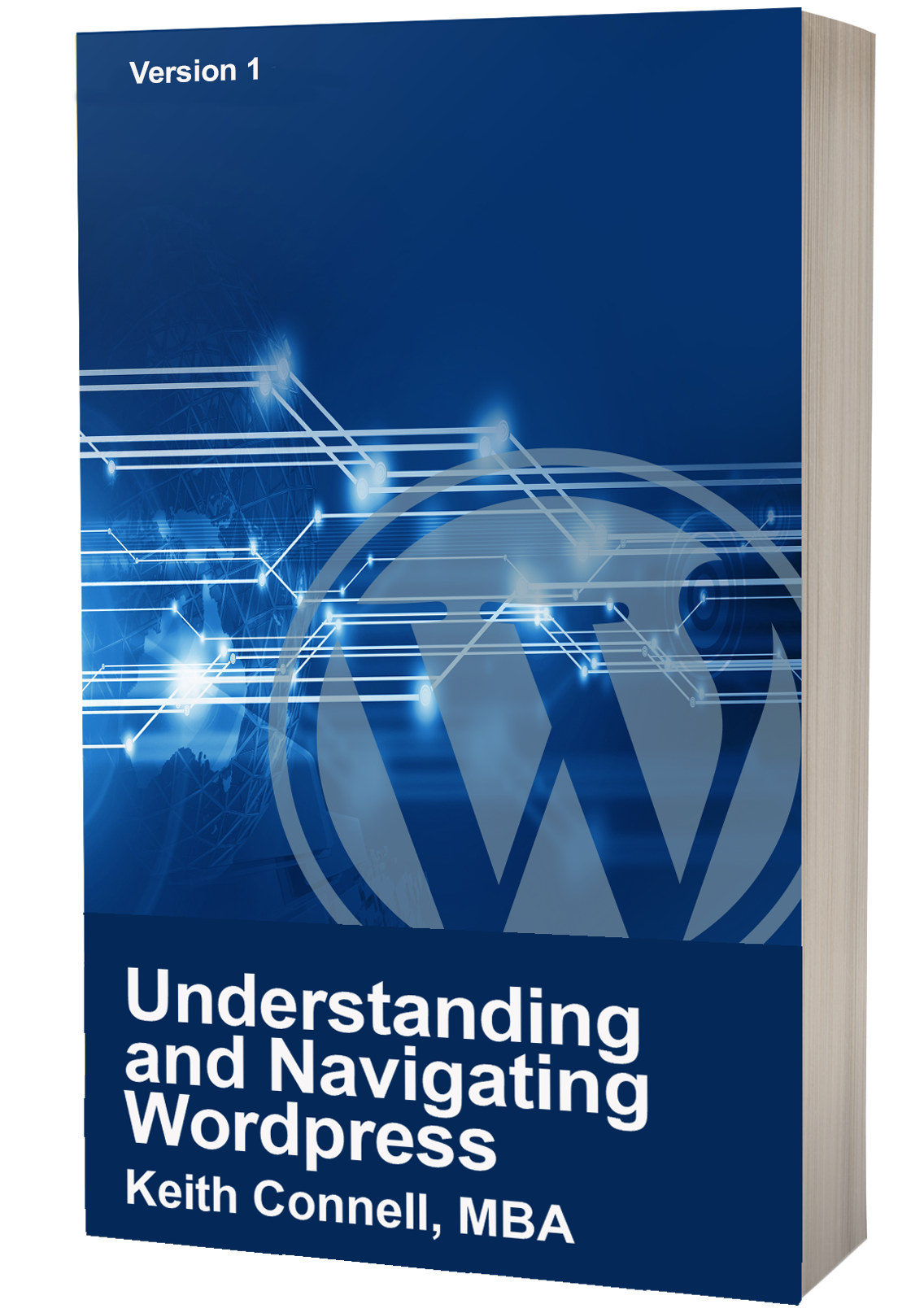
In the internet age, where attention spans are shorter than ever, an effective and visually appealing web design is crucial for any business or individual looking to establish a solid online presence. Web design goes beyond aesthetics; it’s about crafting an experience that engages, informs, and converts visitors into loyal customers. Let’s delve into why web design is so important in today’s digital landscape.
1. First Impressions Matter: The Visual Appeal
When users land on a website, they form their first impression within milliseconds. A well-designed website immediately communicates professionalism, trustworthiness, and credibility. On the other hand, a cluttered or outdated design can deter visitors, leading them to question the brand’s legitimacy. An attractive and intuitive design invites users to explore further, increasing the chances of conversion.
2. User Experience (UX) Defines Engagement
User experience is the cornerstone of effective web design. A seamless navigation structure, well-organized content, and clear call-to-action buttons effortlessly guide visitors through the website. A positive UX keeps users engaged, encourages them to spend more time on the site, and reduces bounce rates. By understanding user behaviour and preferences, web designers can create interfaces that cater to the audience’s needs, ultimately boosting user satisfaction.
3. Responsive Design for Accessibility
In an era where people access websites from various devices, screen sizes, and orientations, responsive web design is paramount. A responsive design ensures that your website adapts and looks equally impressive on desktops, laptops, tablets, and smartphones. This concept not only improves user experience but also has a significant impact on search engine rankings, as search engines prioritize mobile-friendly websites in their algorithms.
4. SEO and Web Design Go Hand-in-Hand
Search engine optimization (SEO) is essential for driving organic traffic to your website. But did you know that web design elements directly influence your SEO efforts? From the structure of your website to the loading speed, web design plays a pivotal role in determining how search engines rank your site. Clean and well-structured code, optimized images, and fast loading times are all factors that contribute to higher search engine visibility.
5. Brand Identity and Consistency
Your website is an extension of your brand identity. A cohesive web design that aligns with your brand’s colours, typography, and overall aesthetic creates a strong brand recall. Consistency across all touchpoints, be it your website, social media profiles, or marketing materials, reinforces brand recognition and fosters trust among your audience.
6. Conversion Optimization
A well-designed website isn’t just about attracting visitors; it’s about converting them into customers or subscribers—elements like strategically placed call-to-action buttons, compelling visuals, and persuasive copywriting work together to drive conversions. You can optimize your website to achieve higher conversion rates by analyzing user behaviour and implementing design tweaks.
7. Building Relationships through Interaction
Interactivity is a powerful tool in web design. Features like comment sections, live chat, and interactive forms encourage user engagement and foster a sense of community. When users feel heard and valued, they are more likely to return to your website and recommend it to others.
8. Adaptation to Evolving Trends
Web design is a dynamic field that evolves with technological advancements and design trends. Staying updated with the latest trends ensures that your website remains modern and relevant. Regular updates to your design help you keep up with the changing preferences of your audience and maintain a competitive edge.
Wrap-Up
Web design goes beyond surface aesthetics – creating a digital experience that resonates with your audience, communicates your brand identity, and drives meaningful engagement. A well-designed website can turn casual visitors into loyal customers and advocates. In a digital landscape where competition is fierce, investing in professional web design isn’t just a luxury; it’s a necessity for success. So, whether you’re an entrepreneur, a blogger, or a business owner, remember that your website’s design is your digital storefront, and you should never underestimate its importance.
Share it with your friends!
To download a copy of this article, click here.

